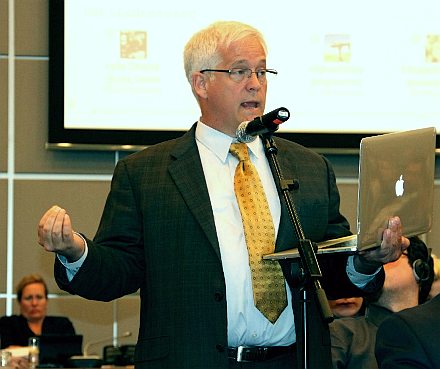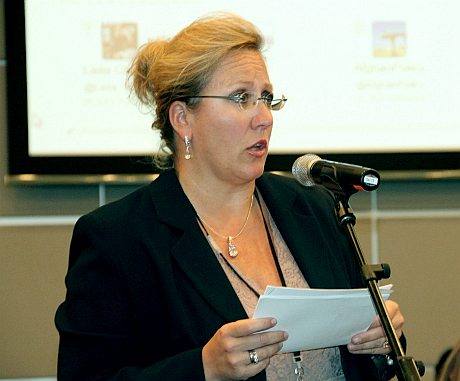Yesterday, upon the air,
I heard a word that wasn’t there.
It wasn’t there again today,
I wish that it would go away…
(With apologies to Hughes Mearns)
In his report yesterday on the latest OSCE conference, Henrik Ræder Clausen included this summary of a dominant meme among ideological leaders in the West:
Panel members stressed the importance of not calling the Islamic State the “Islamic State”, for doing so could give the impression that Islam motivates people to war, terrorism and other crimes.
The avoidance of the I-word seems to have become a fixation in the revolving-door world of NGOs and state functionaries, particularly in Europe. It’s as if all the participants have been mysteriously hypnotized, and now wander around glassy-eyed, muttering the phrase “nothing to do with Islam” over and over again, their repetitive chant forming a background susurrus at every international function where important people assemble to hand down momentous policy decisions.
A notable example of the mindset may be found this handout from the OSCE Vienna meeting:
The four terrorist outfits shown in the chart are composed of different ethnic groups, operate in geographically separate areas, represent disparate cultures, and speak a variety of languages. The only thing these groups have in common is the word that wasn’t there.
When required to identify a common ideology, Western bien-pensants prefer to discuss “extremism” or “radicalization” — modifiers with no substantive objects. If cornered, they may refer to “Islamism” or “radical Islam”, but never plain old unmodified ISLAM.
It seems that a prerequisite for receiving funding from any government agency or charitable foundation is the absolute refusal to consider Islamic political ideology as an explanation for anything bad that happens in the world.
You can’t say that, old chap. It just isn’t done.
* * * * * * * * * * * * * * *
The Causes of Terrorism chart is based on a report entitled “Global Terrorism Index” from The Institute for Economics and Peace (IEP). The featured quote is taken from page 3:
While drivers of terrorist activity are often complex and multidimensional, there are several generalised and significant socio-economic correlates of terrorism. Countries with higher levels of terrorism were found to have three statistically significant factors:
- Greater social hostilities between different ethnic, religious and linguistic groups, lack of intergroup cohesion and high levels of group grievances.
- Presence of state sponsored violence such as extrajudicial killings, political terror and gross human rights abuses.
- Higher levels of other forms of violence including deaths from organised conflict, likelihood of violent demonstration
The usual suspects are trotted out: socio-economic factors, ethnic and linguistic differences, etc. “Religion” is mentioned, but nothing specific — even though only ONE religion is significant in any of the major terror attacks chronicled by IEP.
The full report does refer to Islam, however. In the forms “Islam”, “Islamic”, or “Islamist”, the word occurs 113 times, and “Muslim” appears 20 times. The descriptions are what you’d expect from an organization that wants to avoid “Islamophobia” at all costs. For example, on pp. 2-3:
The majority of claimed deaths from terrorist attacks, 66 per cent in 2013, are claimed by only four terrorist organisations; ISIL, Boko Haram, the Taliban and al-Qa’ida and its affiliates. Variations of religious ideologies based on extreme interpretations of Wahhabi Islam are the key commonality for all four groups; however their strategic goals are not necessarily the same. To counteract the rise of religious extremism, moderate Sunni theologies need to be cultivated by credible forces within Islam. The current political context underscores the importance of moderate Sunni countries and not outside influences leading such a response. One such example was the Forum for Promoting Peace in Muslim Societies led by Shaykh Abdallah Bin Bayyah in March 2014 which brought together 250 Islamic scholars to promote a unified peaceful response to the current violence issuing a Fatwa in response to ISIL.
“Moderate Sunni theologies”? What are those? Where are their mosques, their seats of learning, their manifestos, their books of jurisprudence?
In point of fact, there are no “moderate Sunni theologies”. There are only soothing words spoken into microphones in non-Arabic languages directed at foolish, gullible Westerners who long to be told that Islam is OK, and everything will be fine. The Muslim Brotherhood long ago figured out what our elites want to hear, and make sure to lay it on thick at every available opportunity.
 The report continues in a similar vein at eye-glazing length for 94 pages, with 81 endnotes — including one for our old friend, the International Centre for the study of Radicalisation and Political Violence.
The report continues in a similar vein at eye-glazing length for 94 pages, with 81 endnotes — including one for our old friend, the International Centre for the study of Radicalisation and Political Violence.
There are numerous professional-quality charts, graphs, maps and tables to help readers visualize the problem of terrorism without thinking about Islam. The various statistics and references provide copious data on everything except the word that wasn’t there.
As Major Stephen Coughlin has repeatedly pointed out, there is no hope of grasping the nature of the problem as long as a pre-determined “narrative” continues to delimit what may be observed, thought, and said. There are strict boundaries on what may be identified as the “root causes” of terrorism, and Islam lies outside of them. The only plausible factor held in common by all the major terrorist groups and incidents has been ruled off the turf in advance.
Continue reading →
 Secretary of State John Kerry was hospitalized in Switzerland after falling off his bicycle and breaking his leg. Mr. Kerry is in stable condition, and reportedly in good spirits.
Secretary of State John Kerry was hospitalized in Switzerland after falling off his bicycle and breaking his leg. Mr. Kerry is in stable condition, and reportedly in good spirits.

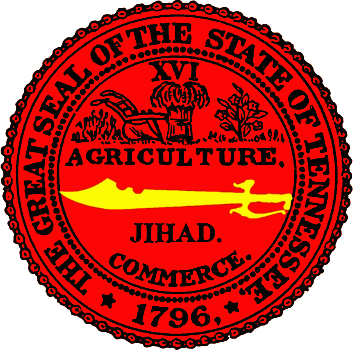


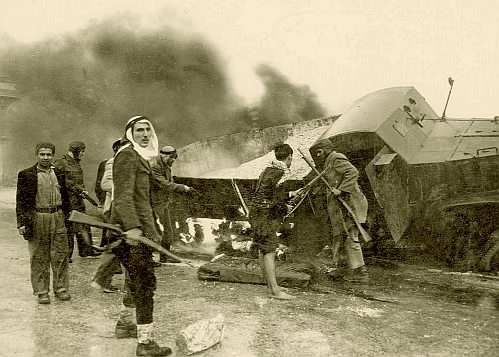

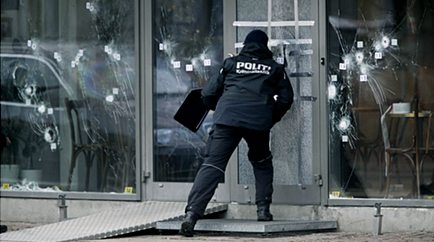
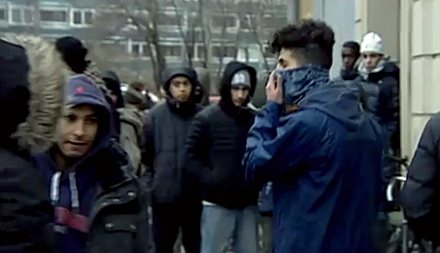
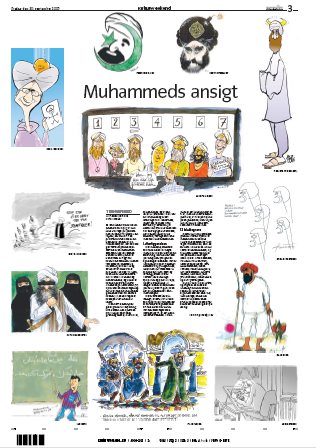

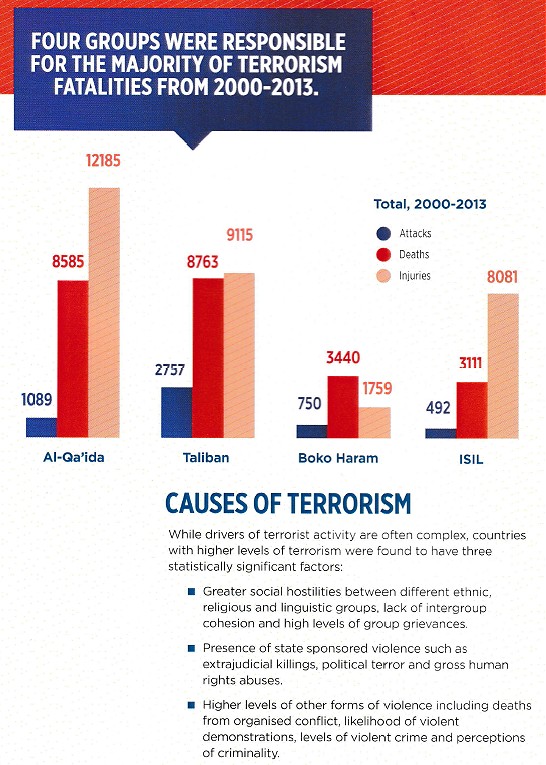
 The report continues in a similar vein at eye-glazing length for 94 pages, with 81 endnotes — including one for our old friend, the
The report continues in a similar vein at eye-glazing length for 94 pages, with 81 endnotes — including one for our old friend, the 
